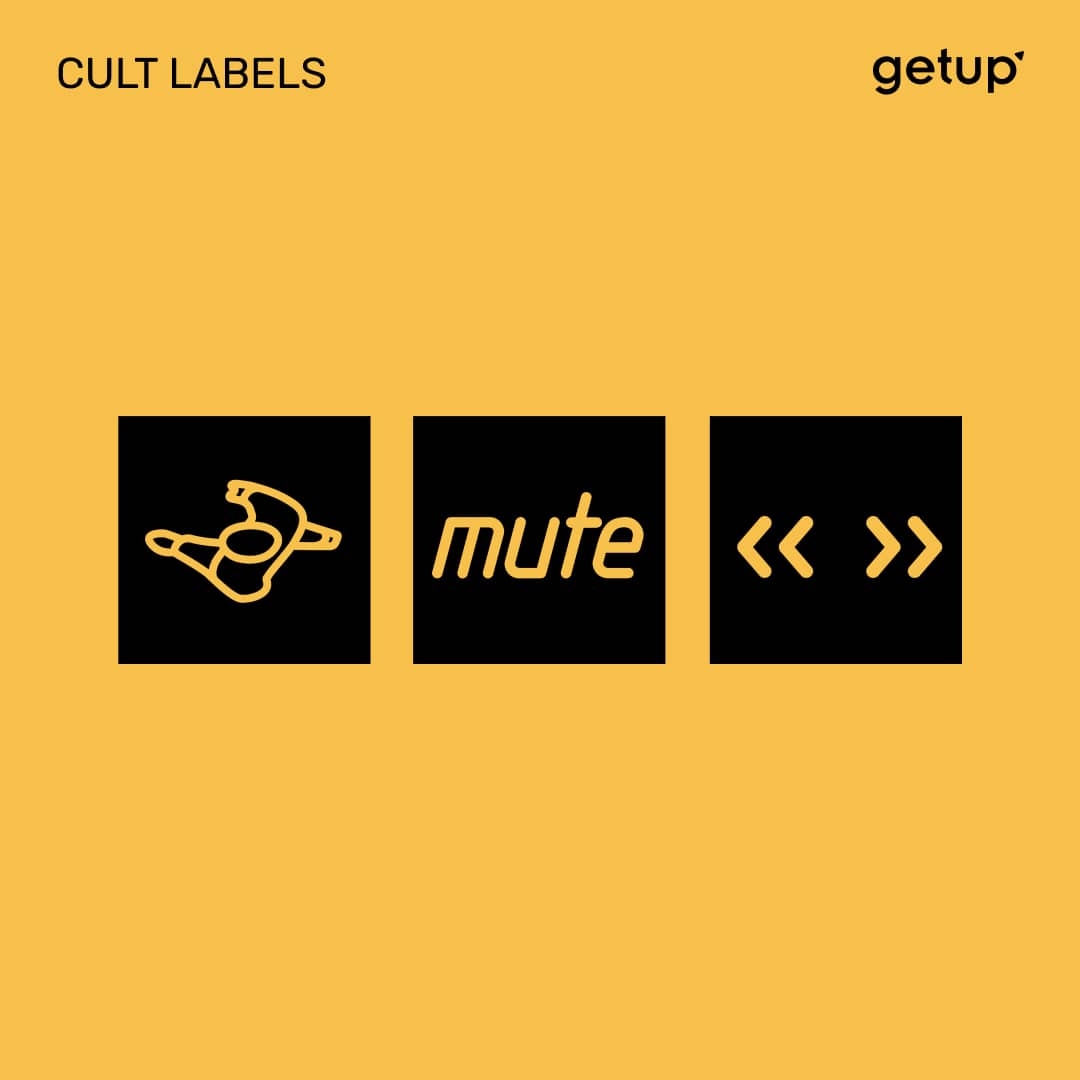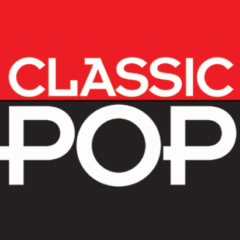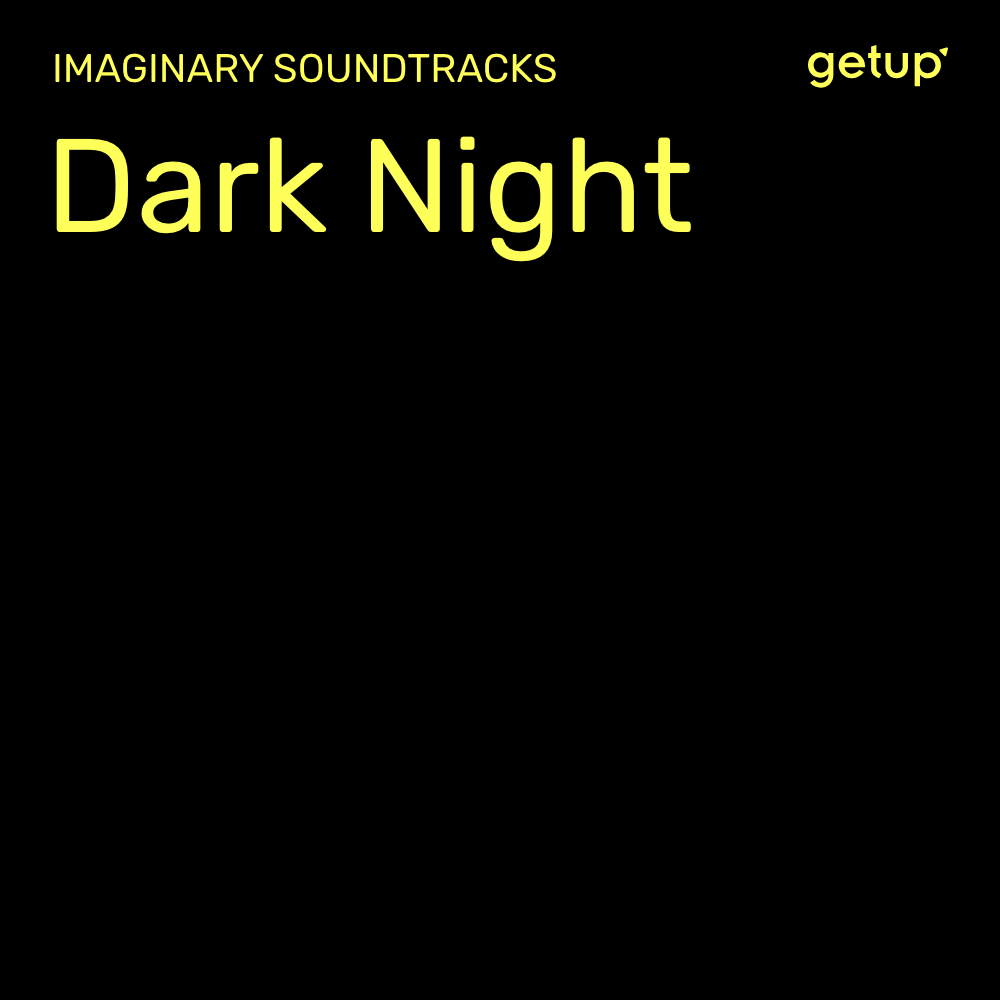Our story begins in London with Daniel Miller, a musician with a passion for synths, krautrock, and the emerging electro music scene. Under the name The Normal, he produced his first tracks on a Korg 700S and recorded them on a 4-track tape recorder. In order to release his first single, what could be more sensible than to set up his own label! This is how Mute Records was born in 1978, with Miller’s single “T.V.O.D./Warm Leatherette” as its first release.
The burgeoning industrial synth scene soon found a home at Mute, with Germany’s Deutsch Amerikanische Freundschaft (DAF) and British act Fad Gadget. The label also signed a group of young musicians who used electronics to create songs with more of a pop sound. In time Depeche Mode would become one of the label’s most important names. The impact of new wave soon led Miller to diversify his catalogue. He was interested in any artist who could experiment without being pretentious. This is how he came to signing the Australian Nick Cave at the beginning of his solo career, as well as the group Einstürzende Neubauten, a frenzied act who used metal cans as percussion instruments.
The rest of the label’s history steers a similar course, favouring artistic demands over the compromises necessary for commercial success. This freedom explains not only the general quality of its catalogue but also the loyalty of some of its artists, Depeche Mode in particular, who found a rare freedom there. Daniel Miller’s canny senses meant he was able to make his label evolve intelligently according to the progress of musical trends. This meant bringing together names as exciting as they were different – Moby, Goldfrapp, M83, Liars, and Richard Hawley have all been signed to Mute. In the end, there were very few missteps in terms of taste in the label’s history, and its success helped to attract artists such as New Order and A Certain Radio, even offering a haven for re-releasing idols like CAN, Cabaret Voltaire, Throbbing Gristle and Swans.
After Mute Records was bought by a major record company in 2002, Miller stayed autonomous and continued to operate under the same name, even recovering part of his catalogue. Historic names such as Depeche Mode and Nick Cave sought other horizons. In spite of everything, Mute Records belongs as much to history as to a present that is still going strong. With a total of about 500 albums on the books we can find classics and cult works; of course there are some commercial failures too but each record is exciting in its risk taking and audacity. Mute is everything that a visionary could hope to bring to a revolutionary label, starting with the divergence of punk, and heralding the boldness of electronic music.



.jpg)
.jpg)
.jpg)
